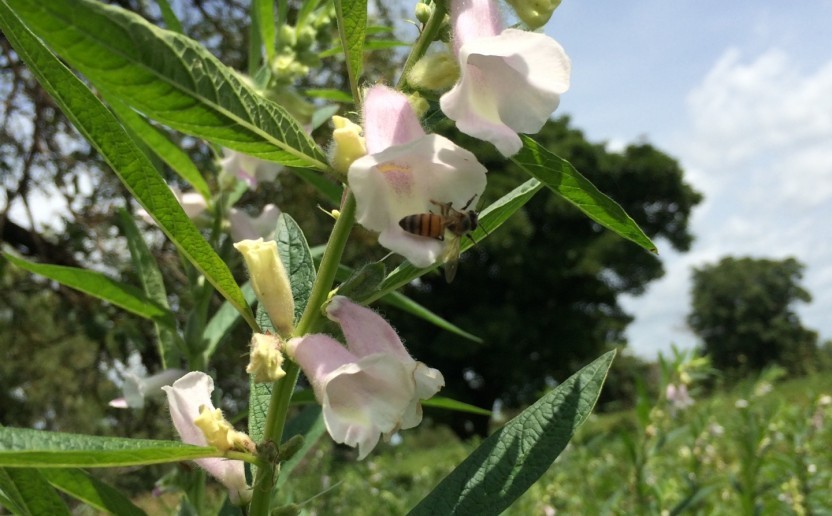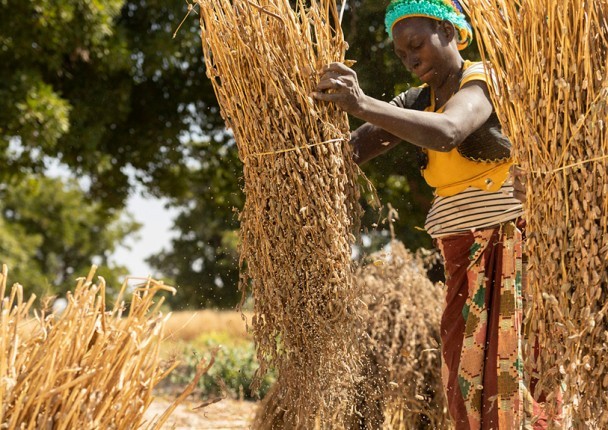MALIFIN - Study on financing mechanisms for the agricultural sector
Partners
Main goals
Provide relevant information and analysis on the issue and mechanisms of value chain finance in Mali in order to have and decide on the orientations under the PIC IV on the agriculture axis, as well as to allow better alignment and strengthening of Mali on the issue of agricultural finance (under the MLI/021 rural development and food security program)
Specific objectives
Identify and analyze the questions of supply and demand, the reasons why the system does not work, the possible perspectives and conciliation between the supply and the demand for financing in Mali. In particular, the study should analyze the possible alignment with existing structures and mechanisms in Mali to support the sector to find sustainable paths for agricultural financing and to avoid setting up support in a "project" logic.
Beneficiaries
Rural households and various actors involved in value chains (farmers' organizations, very small and medium-sized enterprises, young farmers / rural entrepreneurs wishing to settle)
Results
R1. Inventory of different financing mechanisms and products of relevant value chains related to the first orientations of the PIC IV
R2. Analysis of the strengths / weaknesses / opportunities / risks of each mechanism and product in relation to the financing needs of the different actors
R3. At the level of funds, the study should analyze the relevance and feasibility of using national / sub-regional funds
R4. The study will need to specifically analyze refinancing opportunities or existing guarantees at the PSGF level (Private Sector Guarantee Fund).
R5. Characterization of the different financing needs for each of the actors in the value chains
R6. Typology of mechanisms and products adapted by relevant actor
R7. Description / analysis of institutional Aaspects of rural sector financing
R8. Analysis of how supply meets demand at the moment
R9. Identification of possible strategic allies and joint/mutual collaboration or leads for harmonization with other TFPs (technical and financial partners) and SDF on mechanisms for funding value chains.
Activities
A1. Conduct a comprehensive inventory of the different financing mechanisms and products of the existing agricultural sector in Mali, in the sub-region and internationally for agricultural value chains.
A2. Conduct an analysis of the effectiveness and efficiency of national investments in agriculture, taking into account the commitments made by Mali to Maputo
A3. Identify and specify the financing needs of value chain actors (POs, micro and small enterprises)
A4. Identify specialized actors (companies, consultants) / specializing in financial intermediation to obtain financing from financing institutions, for companies / POs
A5. Draw up a typology of mechanisms and tools adapted for each concerned actor (PO, MPE, leading companies, young farmers / rural entrepreneurs wishing to establish themselves, etc.)
A6. Analyze the institutional aspects: factors (regulation, economic and financial context, ..) and main actors of the system
A7. Based on the financing needs of the different players involved in the value chain, analyze the strengths / weaknesses / opportunities / risks of each mechanism and tool
A8. Identify strategic allies, the main national change agents, joint / mutual lines of action, ways of harmonizing with other TFPs on mechanisms for financing value chains
Related people
Pierre Ricau
Holder of a Master Degree in "Agricultural Development and Economic Policies" from the Institute of Development Studies (IEDES), Paris 1 Panthéon Sorbonne University and AgroParisTech. He brings his expertise in agricultural market analysis (especially cashew, sesame, shea, cocoa, hevea, corn, rice and onion), development of agro-food sectors, training engineering and consultancy on public agricultural/agro-industrial policies
See moreMALUX 2 - Technical assistance for LuxD…



